-
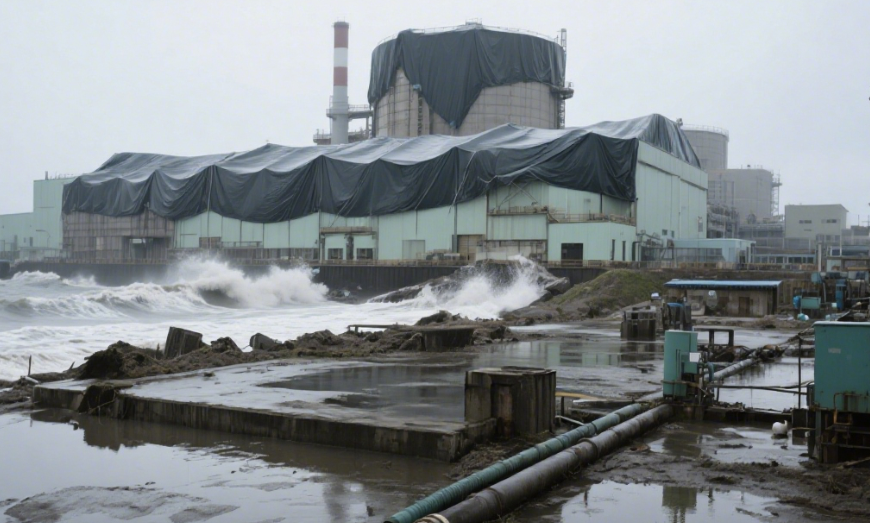
Risk of Nuclear Wastewater Backup Escalates in Fukushima, Japan
A tsunami triggered by a powerful 8.8 magnitude earthquake off Russia’s Kamchatka Peninsula struck the coast of Fukushima, Japan, causing seawater to back up near the nuclear power plant. Although the Tokyo Electric Power Company (TEPCO) suspended the discharge of nuclear contaminated water as a matter of urgency, environmental organizations warned that the influx of…
-
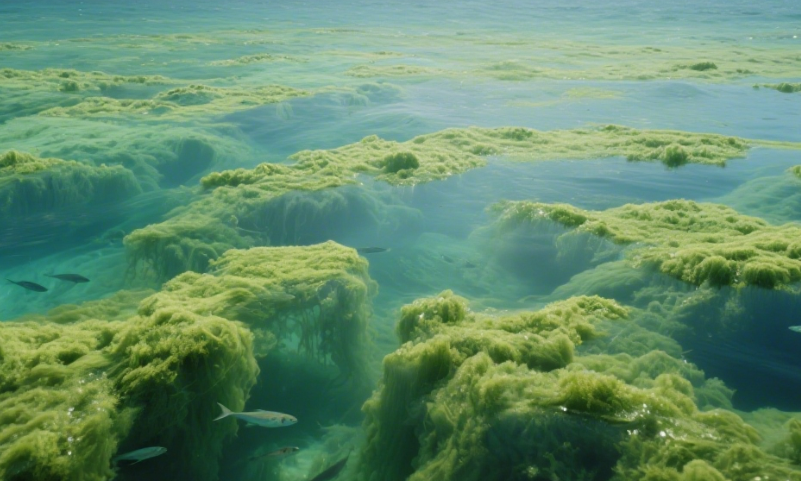
Climate change exacerbates the risk of algal blooms
Research published in Nature Climate Change suggests that ocean heatwaves increase the growth rate of Karenia mellifera by 30% and its toxin production by 50%. Models predict that if the world warms by 1.5°C, the frequency of algal blooms in South Australian waters will increase from one to three per year, and species such as…
-
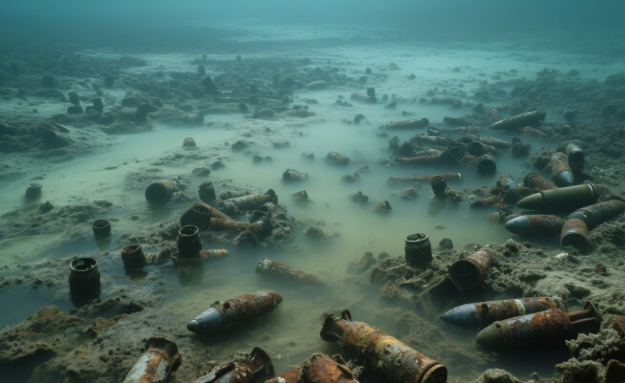
German WWII Bomb Remnants Continue to Pollute Oceans
The 1.6 million tons of World War II munitions deposited on the seabed of Germany’s North and Baltic Seas are continuing to release toxic substances. According to the GEOMAR Marine Research Center, storms and global warming accelerate the decomposition of munitions, and contaminants ingested by fish and shellfish enter the human food chain.
-
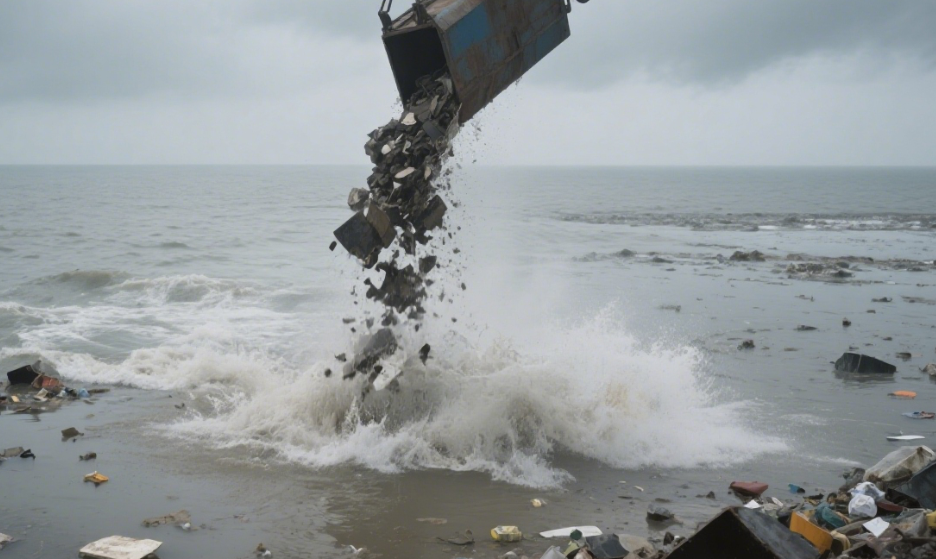
China Leads Transnational Law Enforcement Operations
Five departments, including the Chinese Maritime Police, launched the “Blue Sea Blue Shield 2025” special operation, focusing on combating waste dumping at sea and sabotage of submarine cables, and for the first time, combining satellite remote sensing monitoring and drone cruises to shorten the response time to pollution incidents to 72 hours. This action echoes…
-
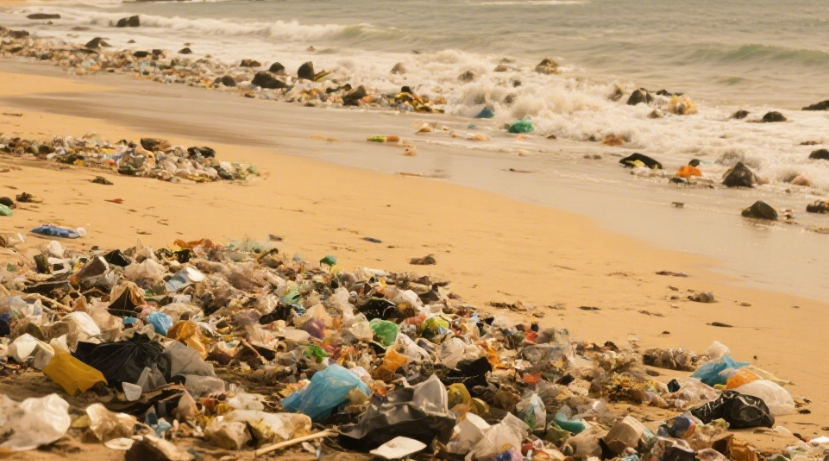
Easter Island’s ecological crisis grows
A study released on July 21 by Chile’s “Garbage Scientists” project shows that the amount of garbage on Easter Island’s beaches has doubled since 2021, making it the fastest-growing area in Latin America in terms of garbage per square meter of beach. Litter pressure from a resurgent tourism industry and the accumulation of marine debris…
-
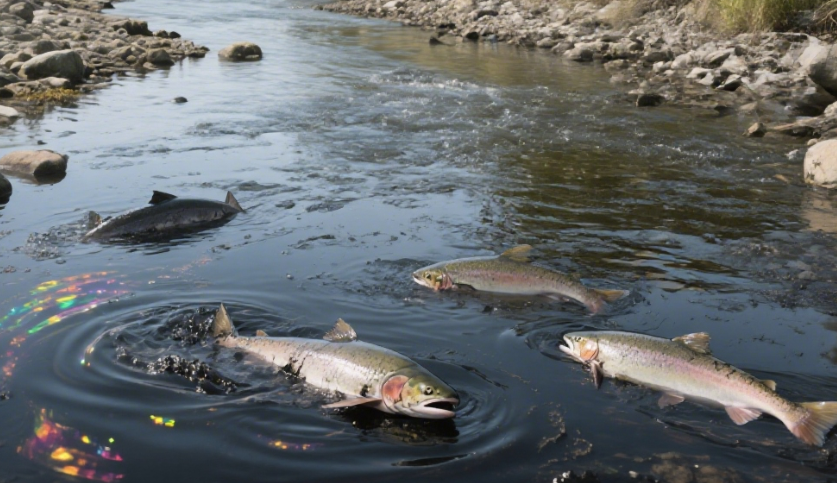
Fuel Spill Threatens Salmon Habitat in Washington State, U.S.
On July 18, a tanker truck overturned on the Olympic Peninsula in Washington State, spilling about 11,000 liters of fuel oil into a nearby river, potentially causing long-term damage to the spawning grounds of endangered salmon. The accident resulted in highway closures, environmental authorities have initiated an ecological assessment, and health authorities have warned residents…
-
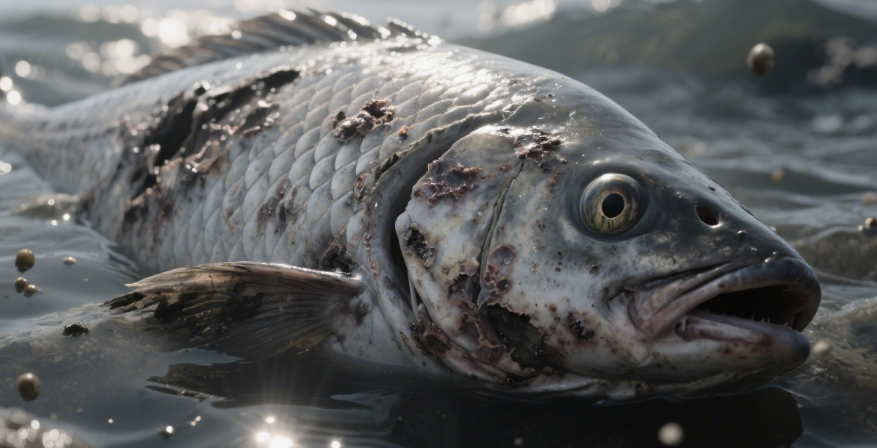
Japan’s Fukushima Nuclear Effluent Spreads to West Coast of North America
As of July 2025, Japan has discharged a cumulative total of 47,200 tons of nuclear effluent, and radioactivity has spread to the west coast of North America, with cesium-137 levels exceeding the limit by a factor of two in salmon caught by fishermen in the U.S. state of Oregon.
-
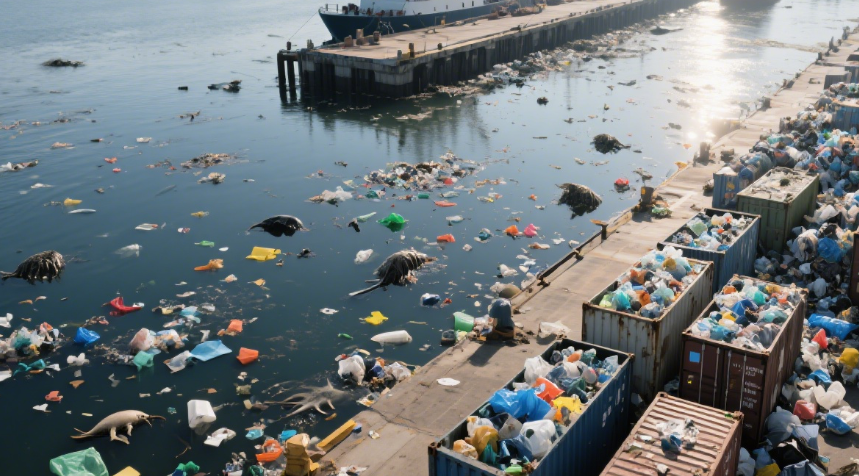
U.S. Plastic Waste Disposal Crisis Escalates
The U.S. Environmental Protection Agency withdrew its proposed Significant New Use Rule on July 9, abandoning its regulation of plastic waste-to-chemicals conversion. The move was criticized by environmental groups as a “surrender to the plastic giants,” and is expected to lead to more mixed plastics disguised as “raw materials” exported to Southeast Asia, exacerbating the…
-
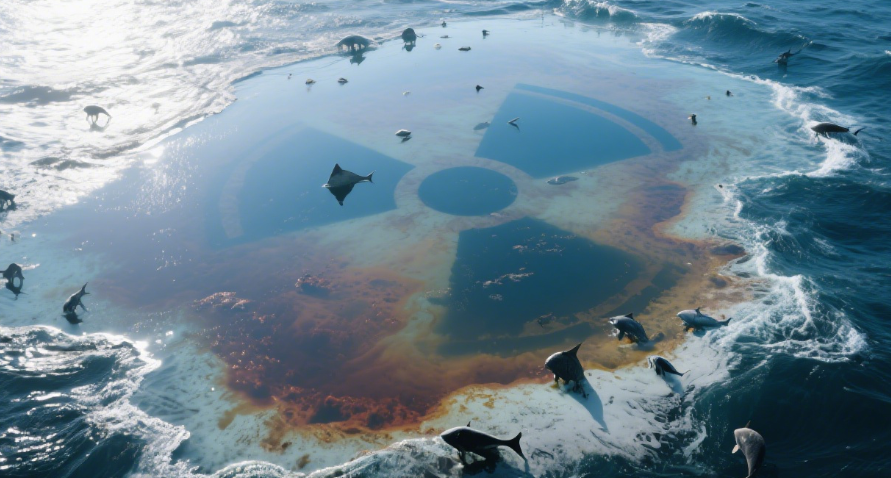
Controversy over Japan’s nuclear wastewater discharge continues to fester
As of July 2025, Japan has discharged a cumulative total of 47,200 tons of nuclear wastewater, which is expected to exceed 100,000 tons by the end of the year. Simulations by the Kiel Institute for Oceanography in Germany show that carbon-14, strontium-90 and other isotopes in nuclear wastewater may be enriched in marine organisms up…
-
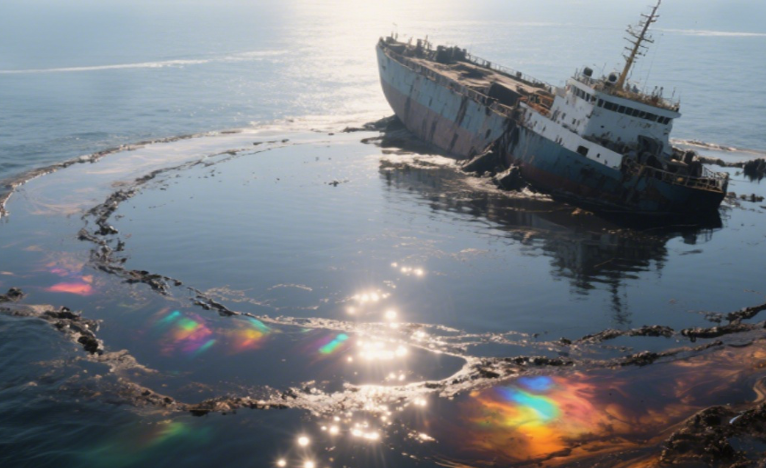
Drillship Capsizes in Egypt’s Gulf of Suez
On July 1, 2025, the Adam Ocean 12, a barge belonging to Egypt’s state-owned oil company OSOCO, capsized while under tow, killing four people and leaving six missing. The vessel was transporting drilling equipment to a Saudi oil and gas block and was carrying 200 tons of diesel fuel and 30 tons of drilling fluid.…